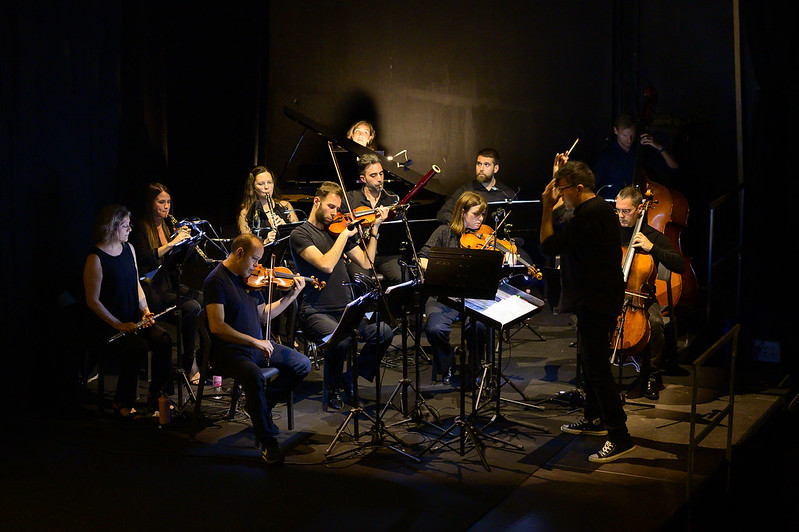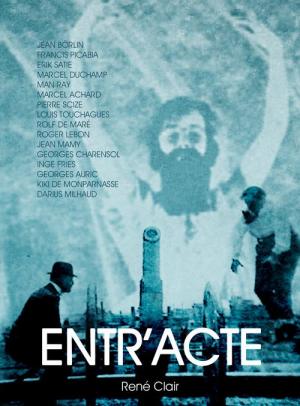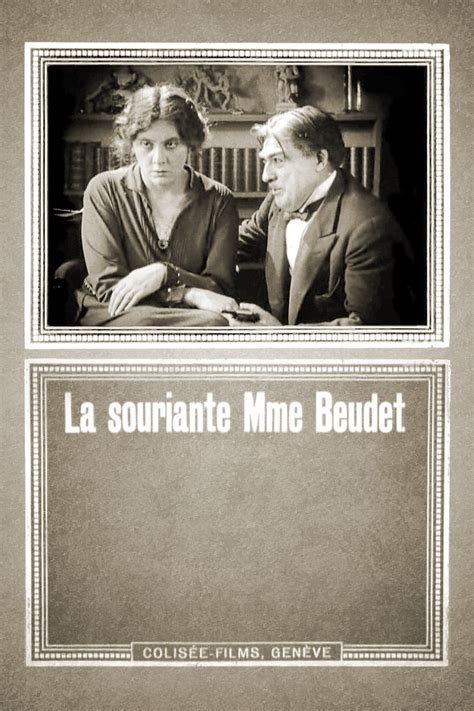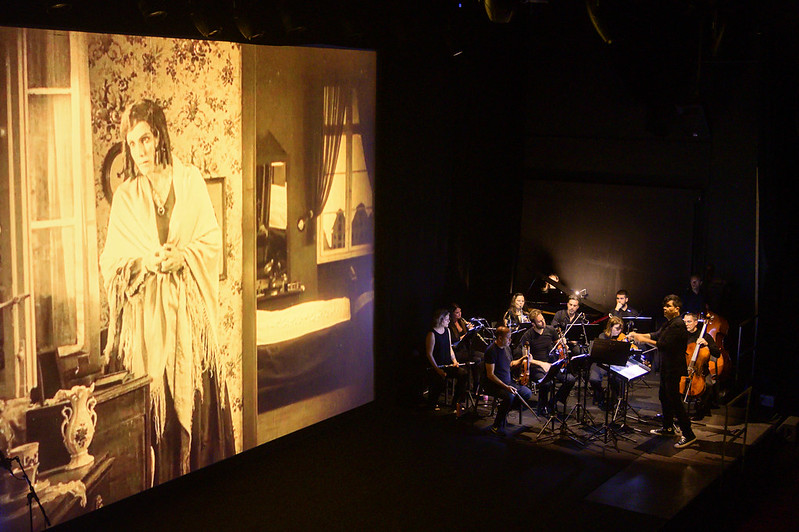The surrealist Entr’acte by René Clair (1924, 25 min.) and the impressionist La souriante Madame Beudet (The Smiling Madame Beudet) by female filmmaker Germaine Dulac (1923, 38 min.) will come to Miller Hall on Wednesday 19 to close the section that travels through the history of silent films and film music
Tickets for this event are available at lpafilmfestival.com or entrees.es at a price of 4 euros
Las Palmas de Gran Canaria, Tuesday, April 18, 2023.- Camera Obscura, a section that revisits the history of silent films and film music, closes its third edition tomorrow, April 19, at 8:30 p.m. at Miller, together with one of the section’s collaborators: the International Bach Festival Ensemble. Tickets to attend the event are on sale at lpafilmfestival.com or entrees.es at a price of 4 euros.

The ensemble conducted by Humberto Armas will provide the soundtrack to two avant-garde pieces of great value, two classics that celebrate, or are about to celebrate, their centenary: the surrealist short film Entr’acte by René Clair (1924, 25 min.) and the impressionist medium-length film La souriante Madame Beudet (The Smiling Madame Beudet) by female filmmaker Germaine Dulac (1923, 38 min.).

The first of these pieces premiered in December 1924 at the Théâtre des Champs-Élysées in Paris, where it was screened during the intermission of the ballet Relâche written by Francis Picabia and choreographed by Jean Börlin with music by Erik Satie. Absurdity and satire govern this work of a markedly Dadaist and, to a lesser extent, surrealist character, in which, among other characters, we can see a female dancer who turns into a bearded man through the sequence of unconnected images that make up the film.
Satie, according to the Festival catalog, “timed the duration of the sequences with the utmost care, thus preparing the first musical composition written for cinema frame by frame.” And in Camera Obscura’s farewell, led by Humberto Armas, the IBF will reproduce the chords.

For the second piece, La souriante Madame Beudet, shot by a pioneer of avant-garde cinema, Germaine Dulac, the musical formation will take into account, among other authors, “a very notable early-twentieth-century composer,” the Croatian Dora Pejačević, whose death also occurred a century ago.
The event will feature the skill of pianist Noemí Salomón, who will put her talent at the service of a musical selection that will also include Debussy, works by Ravel, Gounod and compositions by Humberto Armas himself, which will serve to link these works together.
All in order to recreate “the spirit of pastiche characteristic of live music for cinema from the silent era, which mixed repertoire pieces appropriate to each emotional moment of the film at will,” states the catalog text, after pointing out that it will be done “with delicacy, historical sense and ability to take risks in the “common” use of “noble” music.”
La souriante Madame Beudet tells the story of an intelligent woman trapped in a loveless marriage, played by actress Germaine Dermoz. A groundbreaking and daring perspective for the time that has led the feature to be considered one of the first truly feminist films, and which was also included in the first Women’s Films festival held in New York in 1971.
The film depicts Madame Beudet’s daily life. She is young housewife who lives in anguish because of her husband, Monsieur Beudet (Alexandre Arquillière), who constantly threatens to shoot himself at every argument. To escape this situation, the protagonist daydreams while playing Debussy pieces on the piano or reading, but memories of her husband always torment her. Loaded with symbolism and metaphors, the plot managed to make its way into the pages of the book 1001 Movies You Must See Before You Die (Cassell, 2003).
Camera Obscura
After opening this edition with Jean Epstein’s Coeur Fidéle (France, 1923), always accompanied by Argentine bandoneon player Santiago Cimadevilla’s musical prowess, the Miller Building once again held a screening with Fred C. Newmeyer and Sam Taylor’s Safety Last! (USA, 1923) that included a concert of jazz tunes by maestro Tana Santana. Now, with the IBF, it closes its edition and celebrates its achievements. Because Camera Obscura is reaping the fruits of the seed planted three years ago: after opening last year’s Las Palmas de Gran Canaria International Film Festival with the screening of Nosferatu, this section revived the iconic vampire again last September at the Ourense Film Festival (OUFF) with the screening of Friedrich Wilhelm Murnau’s blockbuster. Humberto Armas, musical director of the activity, and pianist Noemí Salomón, both from the IBC Ensemble, were in charge of coordinating the Ensemble OU Camera Obscura, formed for the occasion with members of the Real Filarmónica de Galicia and the Orquesta Sinfónica de Galicia.
The Las Palmas de Gran Canaria International Film Festival, organized by the Culture area of the Gran-Canarian capital’s City Council through Promoción de la Ciudad de Las Palmas de Gran Canaria, has received public assistance by the ICAA [Institute of Cinematography and Audiovisual Arts] and the program for the internationalization of Spanish culture, PICE Visitantes, of Acción Cultural Española (AC/E).
Among the Festival’s collaborators we may find Cinesa El Muelle, El Muelle Shopping Center, Hotel Cristina by Tigotan, the Elder Museum of Science and Technology or Casa África, places which also function as venues or hold activities of the film event; as well as other institutions and companies such as Sagulpa, Hospitales San Roque, Audiovisuales Canarias, Music Library & SFX or the International Bach Festival. Likewise, its market, MECAS, has been possible thanks to the sponsorship of the Gran Canaria Film Commission-Sociedad de Promoción Económica de Gran Canaria and the support of Canary Islands Film and Proexca.
The University of Las Palmas de Gran Canaria, the Mid Atlantic University, the the CIFP Felo Monzón Grau-Bassas, the Canary Islands Film Institute, the Audiovisual Cluster of the Canary Islands, Digital 104, CIMA [Association of Women Filmmakers and Audiovisual Media], the Asociación Microclima Cineastas de Canarias [Association of Filmmakers of the Canary Islands ‘Microclima’] and Tusity are also collaborators of the Festival.
Share this Post

